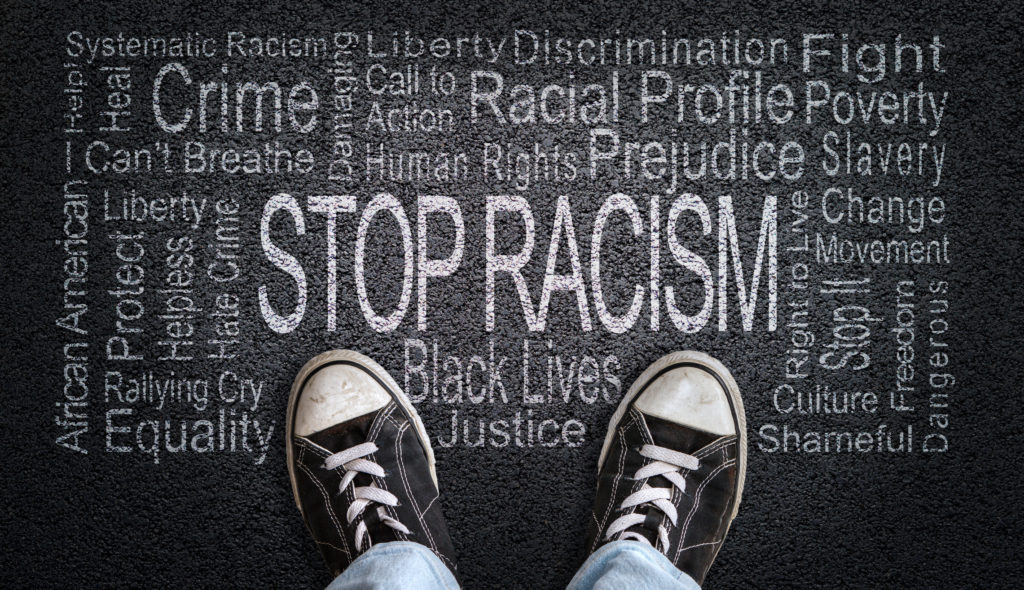Public Comment: Activate the School Equity Task Force to Address Entrenched Racism in Amherst Public Schools

Photo: istock
The following public comment was presented at the joint meeting of the Amherst Regional, Amherst, Pelham, and Union 26 School Committees, May 27, 2025
I am here to call on this committee to immediately activate the School Equity Task Force (SETF)—shifting it from an advisory body to one that has real authority and impact. Two recent incidents in our middle school underscore the urgent need for systemic accountability.
First, during a civil rights lesson, a teacher attempted to guide students through a meaningful discussion. Instead of being supported, that effort was met with surveillance, silencing, and a clear message: stay in line or face consequences. A real opportunity for dialogue and learning was shut down. This was not just a missed teaching moment—it was a targeted act of undermining an educator in the line of their work.
Second, at the MLK Assembly which historically has been kickoff for Black History Month in schools, a teacher called the Black Lives Matter (BLM) movement a terrorist organization. This happened during an event meant to honor Dr. Martin Luther King Jr.—a moment that should have uplifted Black history and celebrated Black contributions. Instead, it delivered harm, distortion, and profound disrespect. Have students been given the chance to understand what prompted BLM—the murder of George Floyd and the countless Black lives lost to systemic violence? Has the teacher been asked to reflect, repair, and grow? Or is this another example of harm without consequence? These incidents are not isolated. They reflect a larger, entrenched pattern of anti-Blackness, colorism, and retaliation that exists in our schools—especially at the middle school. We need to name that clearly.
Let’s also name another harsh truth: there is a documented pattern of surveillance, targeting, and professional punishment of Black educators when they try to engage in equity work, uplift their communities, or teach honestly about race and justice. These educators are often placed under scrutiny, evaluated more harshly, or outright pushed out. The result? A toxic and hostile work environment where Black educators are afraid to speak freely or teach truthfully.
Black people are not monolithic—we hold a diversity of views and experiences. But one thing is clear: Blackness is visible, constant, and cannot be hidden. Unlike some people of color with proximity to whiteness, Black people cannot “pass.” That lack of protection carries a distinct burden—one that must be recognized in how this district responds to harm.
Too often, those with more ambiguous racial identities are centered in conversations around race, while those who are unequivocally Black are asked to bear the heaviest weight. This is how colorism operates—by rewarding proximity to whiteness and punishing darker skin. It is a form of anti-Blackness that we must confront, explicitly and urgently.
The messages these incidents send are devastating:
- That questioning power is risky.
- That discomfort is to be avoided, not explored.
- That Black voices and movements can be demonized with impunity.
- And that educators who speak the truth will be surveilled, silenced, or discarded.
We must do better. That means:
- Providing real anti-racism training rooted in history, not surface-level content.
- Building restorative systems that value reflection, not punishment.
- Creating clear protocols for addressing staff harm and retaliation.
- And establishing a “Teachable Moment Task Force” to support educators in courageous conversations.
This is not about a few bad actors. It is about a system that is afraid of discomfort and allergic to truth. Eleven years ago, this district failed Carolyn Gardner. Three decades ago, it lost a civil rights case brought by the NAACP. And here we are again.
Activate the School Equity Task Force. Give it power, not platitudes.
And do not let this moment pass in silence.
Georgia Malcom
Georgia Malcom is the past president of the Amherst Pelham Education Association
